
Phase 3 data show the VIASKIN Peanut patch improved desensitization versus placebo in children aged 4–7 years, supporting a planned FDA BLA in 2026.

Phase 3 data show the VIASKIN Peanut patch improved desensitization versus placebo in children aged 4–7 years, supporting a planned FDA BLA in 2026.

See the full case of our most recent puzzler quiz, and view the correct diagnosis of this 19-year-old female with painful, purpuric nodules in the phalanges of her fingers

Herbert Bravo, MD, and Marian Rewers, MD, PhD, explored how C-peptide preservation reshaped both clinical management and economic considerations in type 1 diabetes.

Clinicians reviewed evidence linking delayed diagnosis of type 1 diabetes to lasting neurologic and metabolic consequences.

Experts discussed how the 3-stage model reframed type 1 diabetes as a condition that could be detected through earlier screening.

This introductory Special Report episode outlines how advances in staging and early detection are reshaping pediatric approaches to type 1 diabetes.

The SWIFT-1 and -2 phase 3 trials demonstrated "significantly" lower rate of annualized asthma exacerbations in patients receiving twice-yearly depemokimab vs placebo.
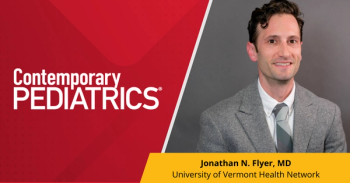
Jonathan Flyer, MD, discusses how the LEAD Pediatric Initiative is addressing persistently low rates of universal pediatric lipid screening.
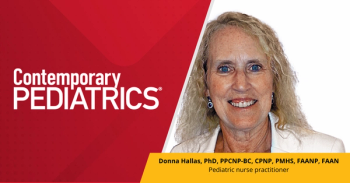
Donna Hallas, PhD, PPCNP-BC, CPNP, PMHS, FAANP, FAAN, shares her thoughts on the recently updated ACIP recommendation on the hepatitis B vaccine.

GeneDx’s ExomeDx and GenomeDx tests, now FDA Breakthrough Designated, offer comprehensive genomic analysis to improve diagnosis of rare and serious diseases.

The FDA warns retailers over failure to remove recalled infant formula, urging stronger recall practices to protect infants and young children.

Get caught up with Contemporary Pediatrics! This list helps you navigate our top stories from the week, all in one place.
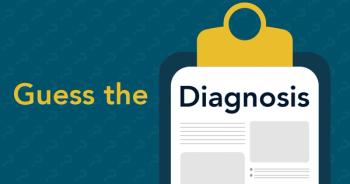
Can you guess the diagnosis?

A large meta-analysis suggests well-planned vegetarian and vegan diets can support healthy growth in children but require attention to key nutrients.

“Having a drug that [patients] can be confident in that will be highly effective as well as well tolerated is a great advantage," said Edward Hook, MD.

The FDA has approved Nuzolvence as a new single-dose oral option for uncomplicated urogenital gonorrhea in adults and children 12 years and older who weigh at least 77 pounds.
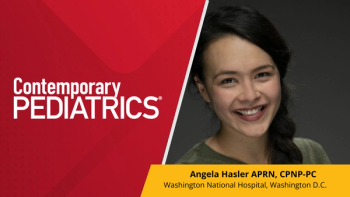
Clinicians now have the first oral alternative to injectable therapy for gonorrhea, a shift Angela Hasler, APRN, CPNP-PC says could ease treatment barriers and improve public health outcomes.

The FDA approved Daybue Stix, a powder formulation of trofinetide, for Rett syndrome in patients 2 years or older.

Berotralstat becomes the first targeted oral prophylactic therapy for patients with HAE 2 years or older.

Phase 3 results show oral zoliflodacin was noninferior to ceftriaxone and azithromycin for uncomplicated urogenital gonorrhea.

This approval of gepotidacin is the first in a new antibiotic class for the treatment of gonorrhoea approved in over 3 decades.

According to multiple reports, the FDA is investigating the safety of a pair of already-approved protective treatments for respiratory syncytial virus.

See the full case of our most recent puzzler quiz, and view the correct diagnosis of this slender teen with a growing abdomen and shrinking height.
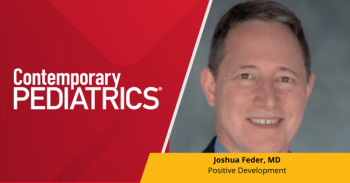
Following an updated policy from the American Academy of Child and Adolescent Psychiatry, Joshua Feder, MD, explains why providers should present DRBIs and NDBIs as options for autism care.

Waskyra becomes the first FDA-approved gene therapy for Wiskott-Aldrich syndrome, offering hope to patients with this rare immunodeficiency.
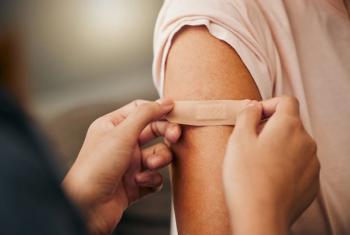
“We took a different approach by looking at colonizing bacteria, and we found vaccination reduced antimicrobial resistance through a completely different mechanism," said Brooke Ramay, lead author of the study.

A comprehensive Pediatrics review reports no credible evidence linking aluminum-adjuvanted vaccines with autism, neurotoxicity, allergy, or autoimmune disease.

Researchers report that cheek swabs can capture early microscopic changes of ACM, offering a noninvasive path to earlier diagnosis and intervention.

The FDA approved omidubicel on December 8, 2025, the same day parent company Ayrmid announced positive results at the 2025 American Society of Hematology Annual Meeting and Exposition.
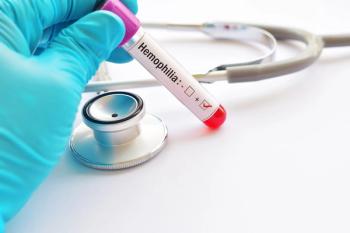
Marstacimab’s once-weekly subcutaneous administration demonstrated clinically meaningful superiority in key bleeding outcomes for adolescents and adults with hemophilia A or B.